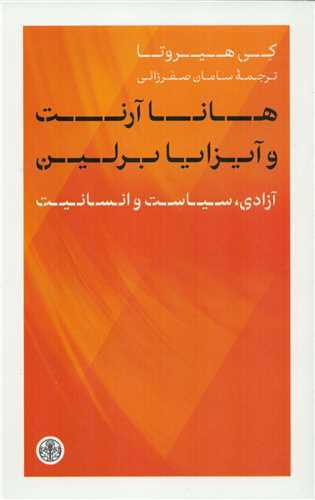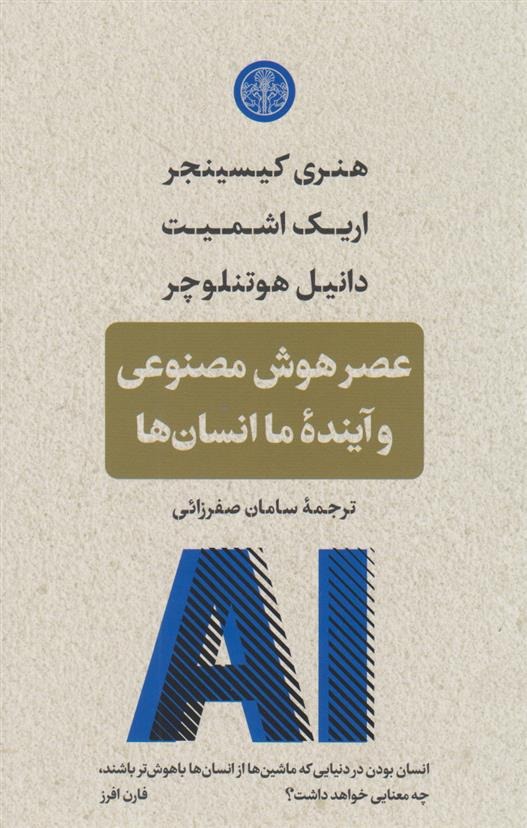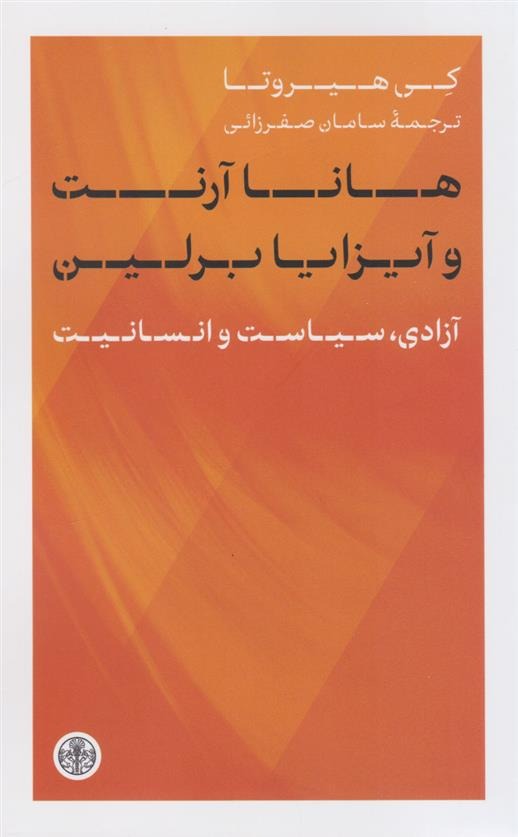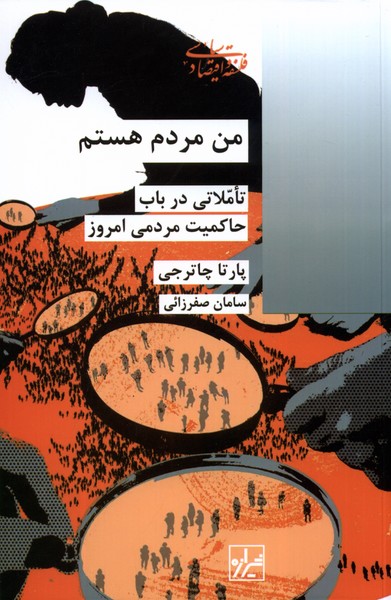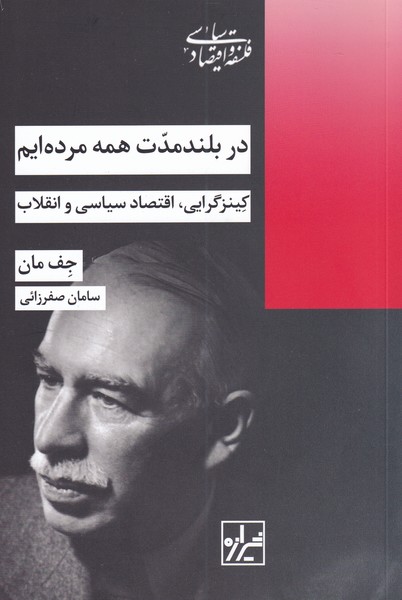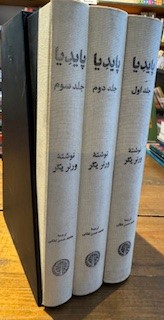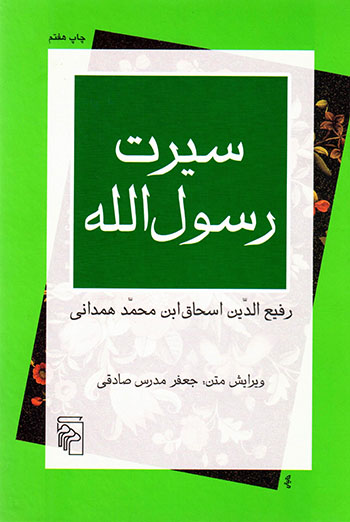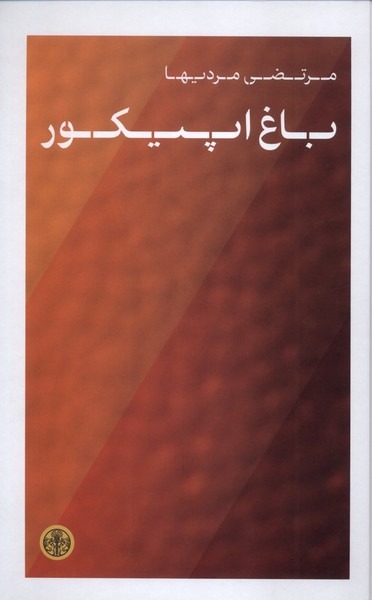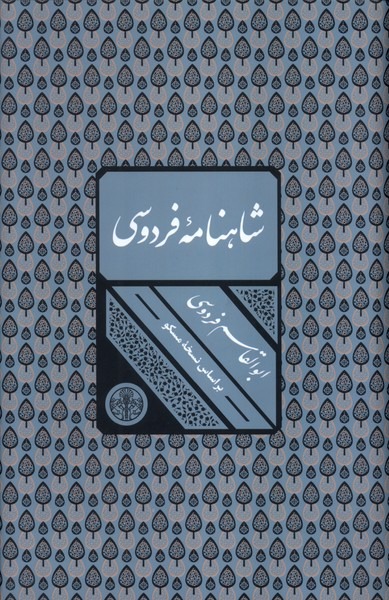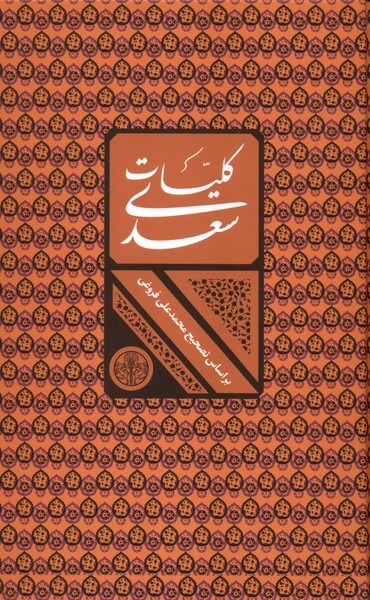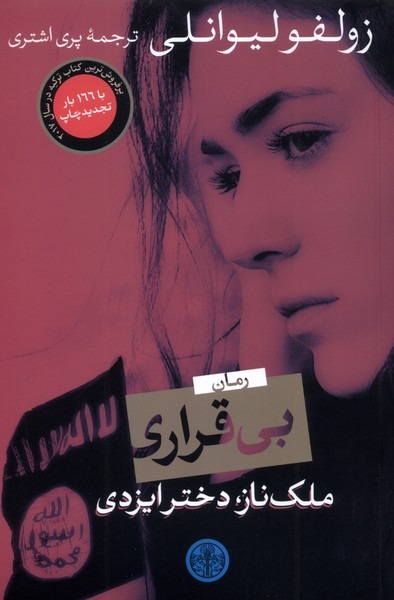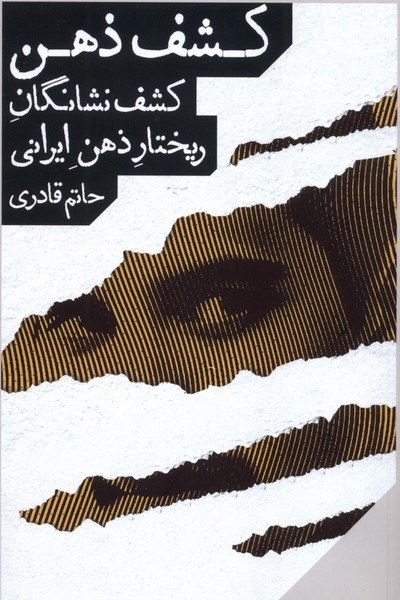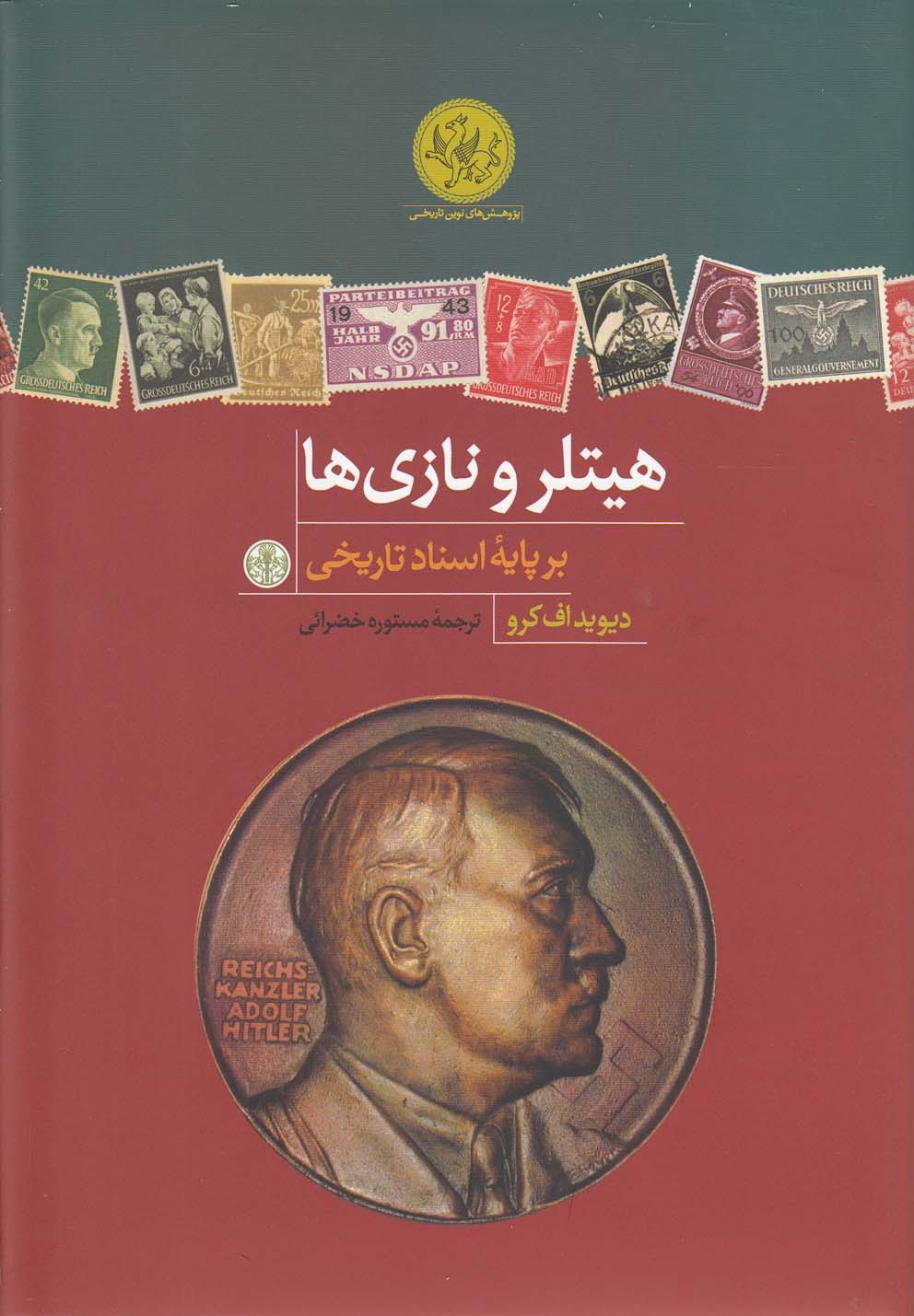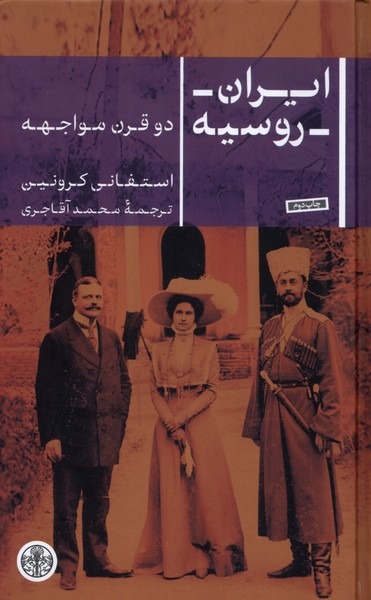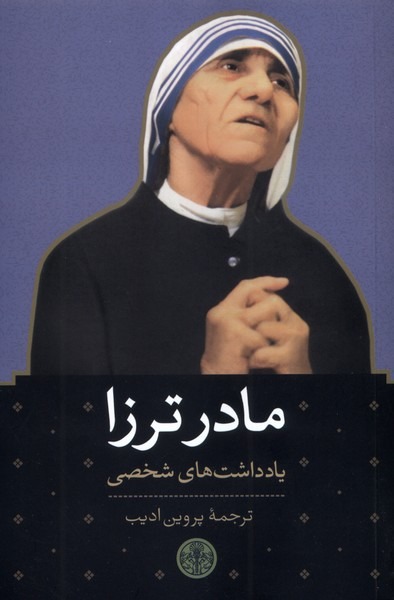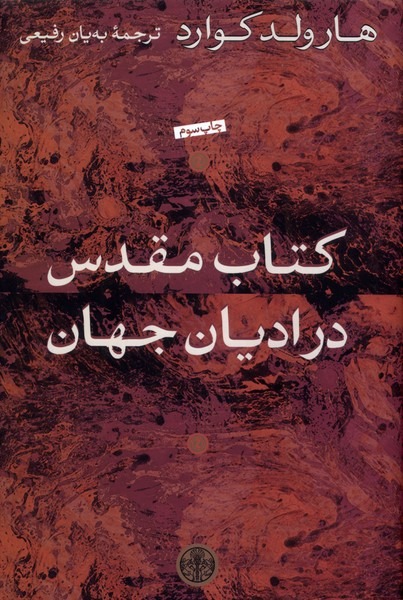Hanā Ārint va Āyzīyā Birlīn: Āzādī, Sīyāsat va Insānīyat: Persiska (Farsi) 1403
هانا آرنت و آیزایا برلین: آزادی، سیاست و انسانیت
18,53 $
Dela
Wishlist
ISBN:
9786002538574
Översättare:
Sāmān ṣafar'zā'ī
Åldersgrupp:
Vuxen
Sidor:
416
Vikt:
334 g
Produktmått:
14 x 21 x 3
,
8 cm
Bokomslag:
Pocketbok
For the first time, the full story of the conflict between two of the twentieth century’s most important thinkers―and the lessons their disagreements continue to offer
Two of the most iconic thinkers of the twentieth century, Hannah Arendt (1906–1975) and Isaiah Berlin (1909–1997) fundamentally disagreed on central issues in politics, history, and philosophy. Despitef their overlapping lives and experiences as Jewish émigré intellectuals, Berlin disliked Arendt intensely, saying that she represented “everything that I detest most,” while Arendt met Berlin’s hostility with indifference and suspicion. Written in a lively style, and filled with drama, tragedy, and passion, Hannah Arendt and Isaiah Berlin tells, for the first time, the full story of the fraught relationship between these towering figures, and shows how their profoundly different views continue to offer important lessons for political thought today.
Drawing on a wealth of new archival material, Kei Hiruta traces the Arendt–Berlin conflict, from their first meeting in wartime New York through their widening intellectual chasm during the 1950s, the controversy over Arendt’s 1963 book Eichmann in Jerusalem, their final missed opportunity to engage with each other at a 1967 conference and Berlin’s continuing animosity toward Arendt after her death. Hiruta blends political philosophy and intellectual history to examine key issues that simultaneously connected and divided Arendt and Berlin, including the nature of totalitarianism, evil and the Holocaust, human agency and moral responsibility, Zionism, American democracy, British imperialism, and the Hungarian Revolution. But, most of all, Arendt and Berlin disagreed over a question that goes to the heart of the human what does it mean to be free?
more
هانا آرنت و آیزایا برلین هم عصر بودند؛ یکی متولد 1906 و دیگری زاده 1909. هر دو به گروه روشنفکران یهودی مهاجر تعلق داشتند که افکار و داستان زندگیشان با یکدیگر در هم آمیخته بود. هر دو در دههٔ 1930 درگیر بحران های سیاسی اروپا بودند و تصمیم گرفتند تا پایان جنگ جهانی دوم حرفه امیدبخش خود را در فلسفۀ ناب کنار بگذارند و عمده وقت و توان خود را وقف درک ریشه های توتالیتاریسم و نحوهٔ مهار و پیشگیری از احیای مجدد آن کنند. هر دو بستگانی داشتند که به دست رژیم های تمامیت خواه به قتل رسیده یا به سمت مرگ سوق داده شده بودند... اما چه عواملی موجب شکل گیری روابط نامطلوب بین این دو شده بود؟ خصومت برلین نسبت به آرنت و بدگمانی و سوء ظن آرنت نسبت به برلین چطور ایجاد شد؟ کی هیروتا در این پژوهش خواندنی به سراغ زندگی و آثار این دو نظریه پرداز سیاسی رفته است تا برای نخستین بار داستان منازعه دو تن از مهم ترین متفکران قرن بیستم را بکاود.
more

